High school seniors are applying to more blue-state colleges after Roe v. Wade overturning
U.S. States Abortion Bans Landscape. Created by Fortune Research.
According to an August survey conducted by Best Colleges, 39% of all prospective college students said that the overturning of Roe v. Wade, which had protected women’s rights to abortion, will affect where they go to college. CVHS students agree.
On June 24, the U.S. Supreme Court overturned Roe v. Wade, placing the enforcement of the abortion ban in the hands of the state. With Texas taking the lead in instituting total abortion bans, Texas universities may lack medical and psychological support for their students.
An article in Texas Tribune highlights how even what are considered the most liberal colleges in Texas have showcased lack of support for their students following the overturning of Roe v. Wade.
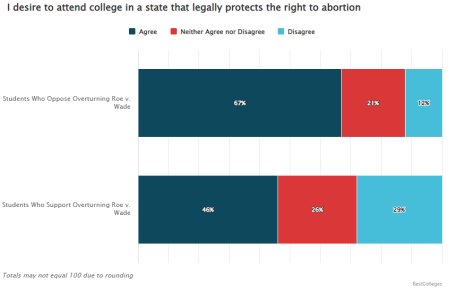
The University of Texas at Austin Health Center used to lay out various options for pregnant students to pursue. Previously, their website stated: “They can carry the pregnancy to term and raise the child, they can put the baby up for adoption or they may choose to terminate the pregnancy.”
However, two weeks after the U.S. Supreme Court overturned Roe v. Wade, the university’s website no longer had any information on the options available for pregnant students except for: “If you are pregnant, our Women’s Health providers can discuss options and help connect patients to appropriate resources.”
“A liberal campus is important to me. I don’t want to end up somewhere I don’t feel like women are respected and accepted. Because to me, the states that have active laws preventing abortion don’t really feel very safe and welcoming,” senior Audrey Roma Taylor said.
Along with Texas, Alabama, Arkansas, Kentucky, Louisiana, Mississippi, Missouri, Oklahoma, South Dakota and Wisconsin have all banned abortion as of August 2. Some states are making no exception for cases of rape and incest. As of 2019, RAINN’s survey has reported adults ages 18 – 34 (prime college ages) represent 54% of all sexual assault cases. This fact has influenced women’s lifestyles and need for safety.
“Absolutely not. I don’t feel safe. I make plans specifically during the day, so I never have to go out at night. I don’t go anywhere alone, not even to the grocery store. I choose clothing specifically that will cover me up. So, I feel like I take most of the precautions that prevent from any cases of rape, sexual assaults within the state of Texas,” senior Aivy Huynh said.
Some CVHS students state the student body on a red campus could also factor into their college decision.
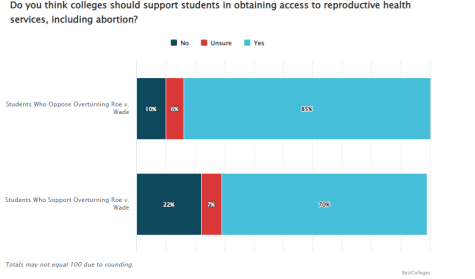
“I’m very concerned about going to a red state. And also the students that you might expect at those universities in red states,” said Cayla Gottesman.
While some CVHS seniors claim their applications have been primarily driven by whether or not the college was liberal, others are saying it comes down to finance. For many, political ideology is considered a privilege to factor into college decisions.
“I think it’s definitely something to consider, but it’s not something that everybody has the privilege to take into account. I know that I’m applying to places that I don’t entirely feel safe at, but I can afford, though it’d be great if I had other options,” Huynh said.
Additionally, according to an article in Forbes, current undergraduates who identify as BIPOC were 52% more likely than white undergraduates to say the overturning of Roe v. Wade will impact their decision to remain in the state where they currently attend school. Moreover, this statistic has raised questions of how much the racial demographic of non-liberal and liberal campuses will change, as BIPOC’s tend to gravitate to colleges in blue states.
CVHS is a campus also well known for its racial diversity and accepting environment. Many of the students here may seek to find a similar educational setting to spend their next four years.
“I think it’s [Carnegie] a very accepting school and we have people from different backgrounds, different experiences, and I think it’s really beautiful that everyone gets to come together and not have really all the cliquiness that you see in a lot of other high schools and we kind of just are kind of all one. So yes, I definitely want to go to a school that mirrors the environment at Carnegie,” senior Sofie Turck said.
Your donation will support the student journalists of Carnegie Vanguard High School. Your contribution will allow us to cover our annual website hosting costs and fund field trips, competition fees, and equipment. We appreciate your support!
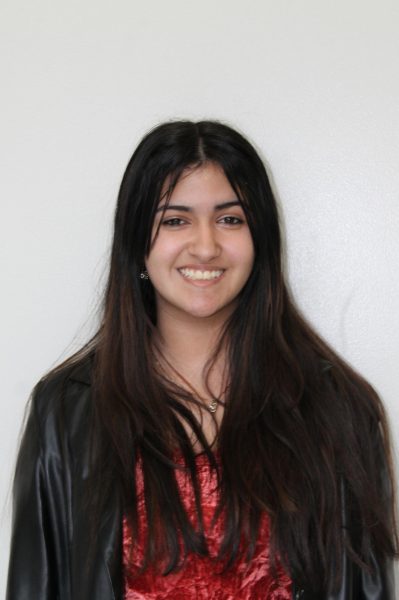
Katheryn is a senior at CVHS and one of Upstream News’ talented Arts and Entertainment editors! It is no surprise that Katheryn is a reviews editor because...
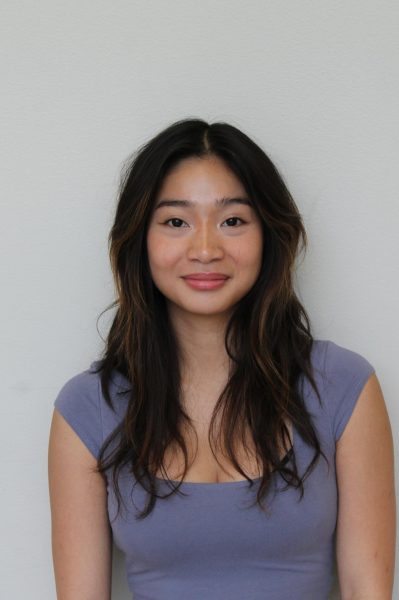
Ella Pham is a junior at CVHS. She is part of Carnegie’s Competitive Dance Team and has been dancing since 6th grade; her favorite type of dance is contemporary....

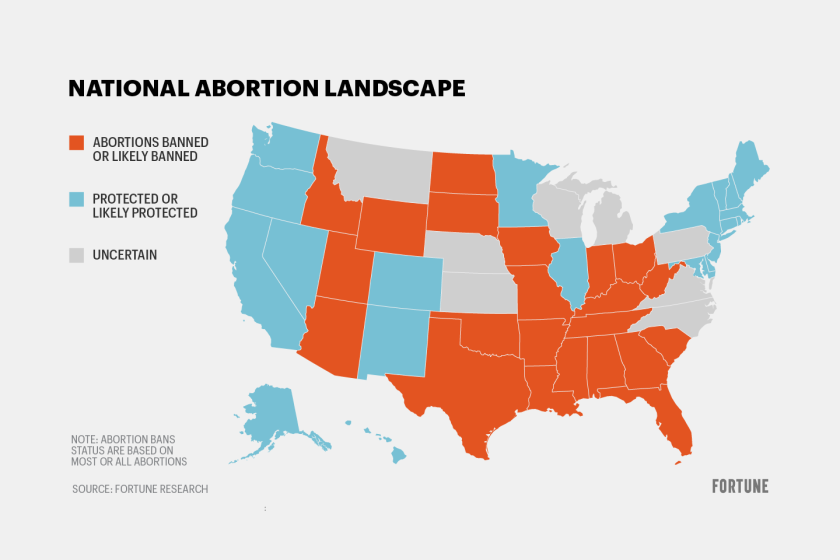

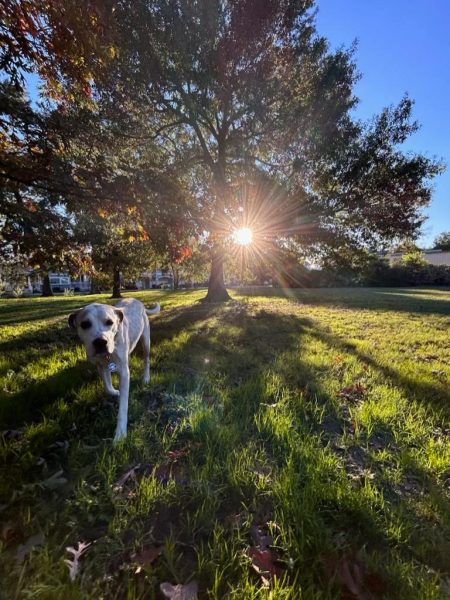
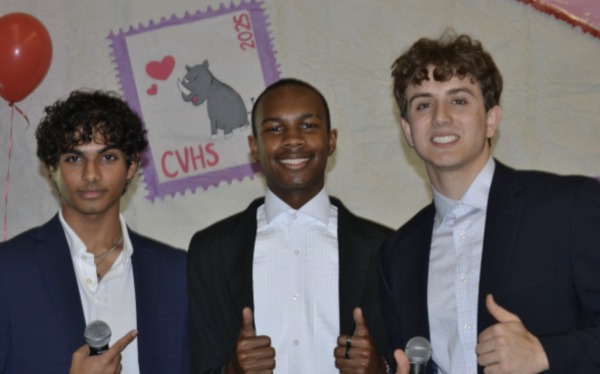
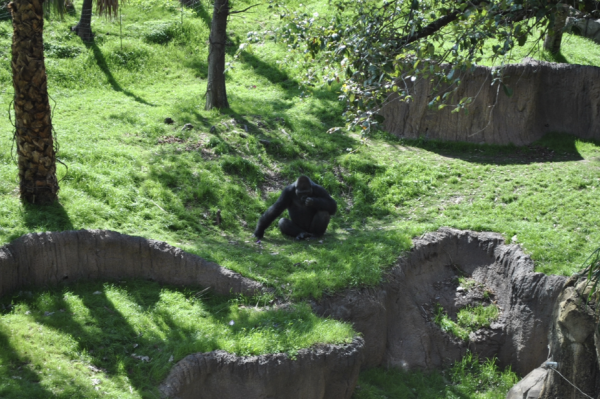
Danielle Yampuler • Sep 26, 2022 at 8:59 am
Makes sense with CVHS values, thank you for gathering the info!
Sakina Hafeez • Sep 24, 2022 at 11:40 pm
I love the way you included quotes and graphs into the article. It made the article more engaging, informative and easier to read
Sakina Hafeez • Sep 24, 2022 at 11:39 pm
I love the way you included quotes and graphs into the article. It made the article more engaging and easier to understand.
Sumedha • Sep 23, 2022 at 10:25 pm
I love how you included graphs in your article, as it can be a great visual for the information you have. I also love how this article really brings out the seniors’ personal viewpoint.
John Nguyen • Sep 23, 2022 at 10:05 am
Backing up your story with in-depth research and polls really engaged me throughout the story. Additionally, I like how you highlight seniors’ insight and opinions. Great Article!